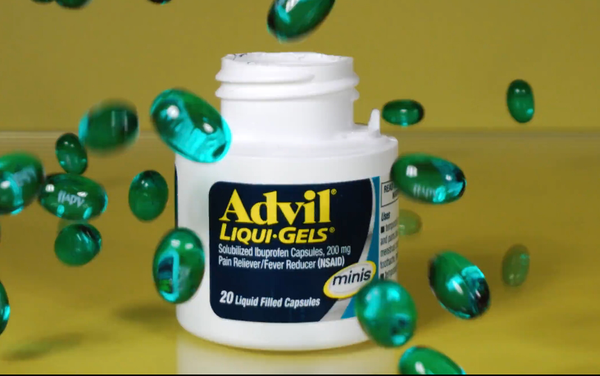
Citing a “weak U.S. consumer and retail environment,
particularly in the more discretionary and seasonal categories,” British-based OTC marketer Haleon lowered its full-year guidance as it announced first-half 2025 results showing year-over-year
organic revenue growth of 3.2% worldwide – but a North American decline of 0.4%.
Through prepared remarks and a Q&A session with analysts, Brian McNamara, CEO of the three-year-old
GSK consumer products spinoff, provided a category-by-category and brand-by-brand rundown of Haleon’s U.S. travails – and triumphs.
One of the latter was oral health, which makes
up 32% of Haleon’s total revenues. Growth here was driven by Sensodyne toothpaste and Parodontax gum products, with McNamara citing “new innovations” like Sensodyne Clinical White,
cited for “attracting a younger audience to the brand with strong repeat purchase rates.” Clinical White, he said, is “scientifically proven to whiten teeth by two shares without
worsening or causing sensitivity.” McNamara also praised Poligrip Ultimate All in One as the “number one innovation” in the U.S. denture care category.
advertisement
advertisement
The
vitamins/minerals/supplements (VMS) category, representing 15% of Haleon’s revenues, saw Centrum down double digits in North America, “reflecting weak market conditions for the
multivitamin category and increased promotions by competitors,” McNamara said. The brand was also coming off a very strong period a year earlier, when research was released showing effectiveness
in positive cognitive function for Centrum Silver.
McNamara said Centrum Silver should soon benefit by a new claim that it slows cognitive aging by 60%, supported by an independent
COSMOS-Mind study. Also, through 2026, he said, Centrum growth should accelerate due to a partnership with U.S. Women’s Soccer and sponsorship of the World Cup, along with “improved
innovations to target younger consumers.”
Another VMS brand, Energen-C, suffered from “very low cold and flu incidences” over the winter, he said.
Such seasonal
factors also affected such brands as Theraflu, Robitussin and Flonase in the respiratory health category, which accounts for 16% of Haleon’s business.
Smoking-cessation products like
Nicorette and NicoDerm have been hurt particularly hard in the respiratory category, but McNamara said a new FDA-approved dual-layer tablet will help out: “It will launch in ecommerce in the
back half [of 2025] and then do a full launch in 2026.”
In the pain relief segment, accounting for 23% of Haleon’s business, McNamara said that Advil lost share in its battle with
Kenvue’s Tylenol, noting that the latter had “doubled down” in its support of that brand. But, he said, “now we’ve
taken action…. We have a new media campaign and strong promotional plans.” Advil has also been helped by the debut of Advil PM LiquiGel Minis, “which we expect to gather momentum in
the second half with the launch of a 20-count packet.”
The digestive health category, which makes up 9% of Haleon’s business, benefited from such factors as the launch of Tums
Gummy Bites and a “Grow What Feels Good” campaign for Benefiber. But the whole category declined due to weak Nexium sales.
Elaborating on the weak business environment in the U.S.,
McNamara cited several “market dynamics”: low consumer confidence, although “our categories are more resilient than most in that context,” and a shift to “dollar
and club” stores, as well as ecommerce, although “we have strong presence in those channels.”
He also cited the pressure on U.S. retailers due to the economic environment and
declining foot traffic.
Roughly a quarter of Haleon’s U.S. business comes through Walmart, McNamara noted.